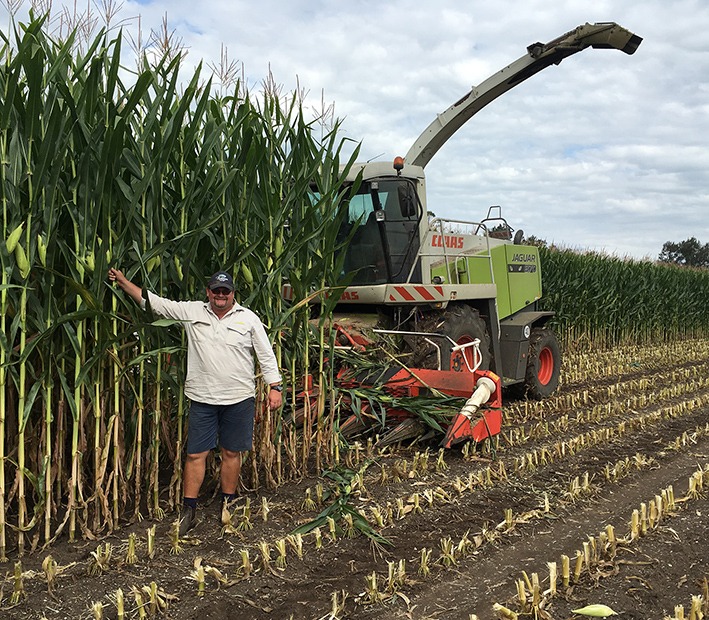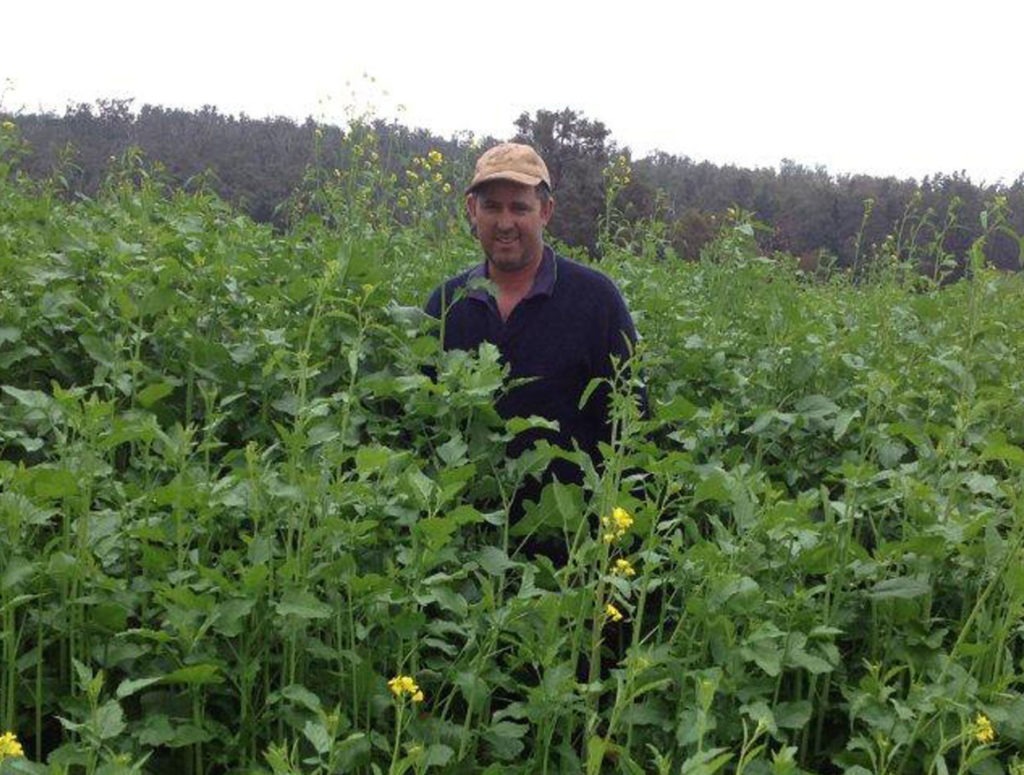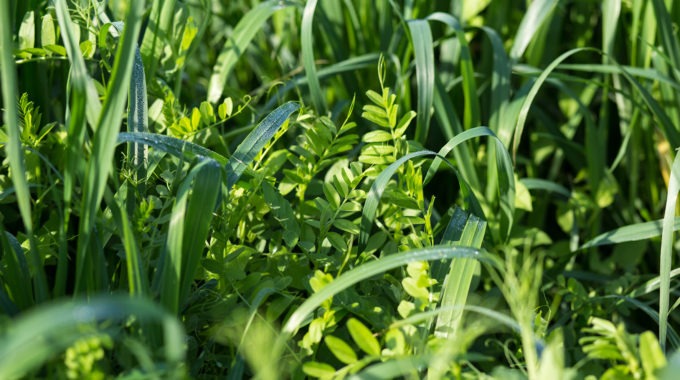Cover crops: game-changer for growers
As we head towards winter, many vegie growers might be considering using cover crops to help manage and nourish their soil. Cover crops are plants that are grown for the soil rather than for food, and new research from Hort Innovation has shown they’re one of the most useful tools for managing intensive vegetable-growing soils, finding that integrating cover crops into vegetable–growing can improve both soil health and on-farm productivity.
“The integration of cover crops into vegetable production can improve soil health by building soil structure and condition, reducing erosion, adding nitrogen, improving nutrient recycling and contributing to weed and soil-borne disease control,” says Hort Innovation Head of Research and Development, Byron de Kock.

Grower Darren Long from MG Farms in Tasmania believes the advancements that have been made in cover cropping have been the most important single change to farming that he has seen for 30 years: “It’s an absolute game-changer,” he says.
Cover cropping is revolutionary because it can replace the use of conventional fertiliser, herbicide and even plastic weed mat films, all while improving soil health.
“Growers need a full suite of approaches, and although there will always be a need for traditional methods, this new research gives growers the ability to improve on-farm productivity and sustainability,” de Kock says.

Another Tasmanian grower, Deon Gibson from Premium Fresh, says that cover cropping has been a “revelation” for their vegetable farming and processing operation.
“We’ve never had such healthy-looking carrots,” he says. “There are no nematodes [common soil pests], the crops have beautiful, green, healthy tops and they’re in free-draining soil, which breaks down easily and has plenty of organic material and worms.”
The importance of cover cropping is increasing as vegie farmers move to “softer”, more biological approaches to soil preparation, crop protection and weed control. This new research project has filled an important gap, bringing cover crop information together and modifying it specifically for the Australian vegetable industry. This has also occurred across other horticultural and agricultural sectors such as vineyards and broad-acre cropping.









